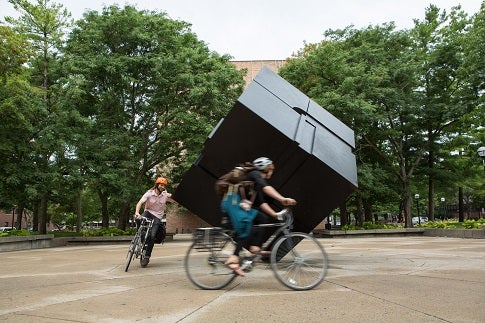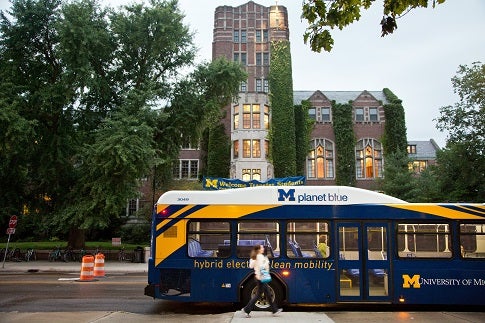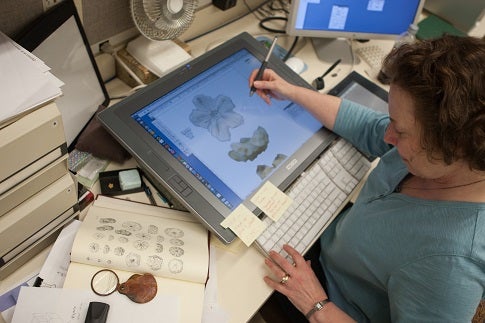Daniel Porter, 2011, Cognition and Cognitive Neuroscience
Transitioning into grad school can be pretty rough. You’re juggling your classes, starting your research, but at the same time everyone is telling you how important it is that you maintain a work-life balance. With all the papers to read and write, grants to apply for, and forms to fill out, the truth is, most students will not achieve it their first semester. However, there are three things I always advise when asked how to try to strike this balance. First, make regularly scheduled non-grad school commitments: it’s way too easy to write off nebulously planned activities and say, “Oh, I’ll just get some work done and go another time.” But the work is never done; once you finish a project, there’s always another you could be starting. Secondly, learn to triage your work: focus on the tasks that are most important, not the most urgent. It’s dangerously simple to jump from one task due tomorrow to the next. Unlike in undergrad, your research is more important than your classes. Finally, make friends with people in non-academic fields: join a sports league, find a hobby group, just find some friends who aren’t grad students (Meetup.com is a great resource for this). It’s so easy to lose perspective on what a work-life balance looks like when everyone around you is in the same insular academic setting. Use these groups to get those regularly scheduled activities to knock out two things at once. You will be swamped; you will probably freak out and wonder why you decided to go to grad school; just remember that you’re running a marathon. Pace yourself, try to keep perspective on the big picture, and everything will eventually settle down.













